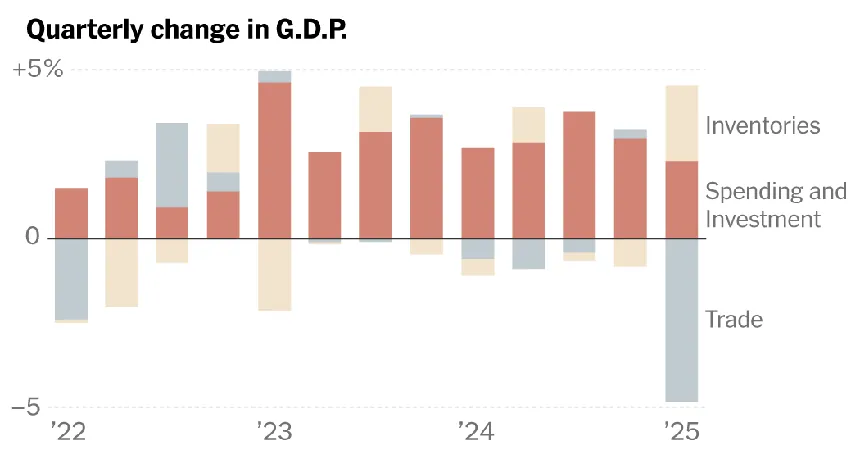
UK Inflation Rate Drops: Why This Relief Might Be Short-lived
2025-04-16
Author: Jessica Wong
The Calm Before the Storm?
In a surprising turn of events, the UK's inflation rate has dipped for the second consecutive month, with March seeing prices rise at an annual rate of just 2.6%. This is a significant drop from the staggering 11% peak hit in 2022, bringing a momentary sigh of relief for hard-pressed consumers.
As petrol and toy prices witness declines, households are grateful, albeit cautiously optimistic. However, experts warn that this relief might be fleeting.
Rising Costs Loom Over April
April has ushered in a wave of increased household expenses, causing prices to surge again. From skyrocketing energy and water bills to hefty hikes in council tax and telecom costs, many families are bracing for further financial strain.
Moreover, businesses have faced hikes in employer National Insurance contributions, inevitably leading them to adjust prices for consumers. With new inflation data set to be released in May, projections indicate rates might swiftly rise above 3%, straying further from the government and Bank of England's target of 2%.
The Tariff Tug-of-War
International trade dynamics are also influencing UK inflation. The recent upheavals in US tariff policies have sparked global economic uncertainty. While some tariffs on UK imports have been lower than anticipated, the ongoing trade negotiations suggest that future price increases might not be as severe as feared.
Furthermore, China’s hefty tariffs on exports to the US could result in an influx of competitively-priced goods entering the UK market, potentially driving up competition and curbing inflation.
UK Economy Under Scrutiny
Despite some unexpected growth in the UK economy, analysts caution that this upswing may be short-lived, with recession worries looming. This presents a dual challenge for the government, which is eager to stimulate economic growth.
For ordinary workers, this volatility could jeopardize job security, creating a paradox where reduced employment may lower inflation but at great social cost.
The pressure mounts on the Bank of England to make bold moves, such as cutting interest rates, to foster growth. However, this could also risk exacerbating inflation, complicating policy-makers' efforts to maintain stability.
What Lies Ahead?
As the year unfolds, the Bank of England faces a daunting balancing act. With uncertainty reigning in economic adjustments, the susceptibility of inflation to external pressures could mean that the current reprieve might be just a prelude to further turbulence ahead. How the economic landscape evolves will be critical for consumers and policymakers alike in the months to come.




 Brasil (PT)
Brasil (PT)
 Canada (EN)
Canada (EN)
 Chile (ES)
Chile (ES)
 Česko (CS)
Česko (CS)
 대한민국 (KO)
대한민국 (KO)
 España (ES)
España (ES)
 France (FR)
France (FR)
 Hong Kong (EN)
Hong Kong (EN)
 Italia (IT)
Italia (IT)
 日本 (JA)
日本 (JA)
 Magyarország (HU)
Magyarország (HU)
 Norge (NO)
Norge (NO)
 Polska (PL)
Polska (PL)
 Schweiz (DE)
Schweiz (DE)
 Singapore (EN)
Singapore (EN)
 Sverige (SV)
Sverige (SV)
 Suomi (FI)
Suomi (FI)
 Türkiye (TR)
Türkiye (TR)
 الإمارات العربية المتحدة (AR)
الإمارات العربية المتحدة (AR)